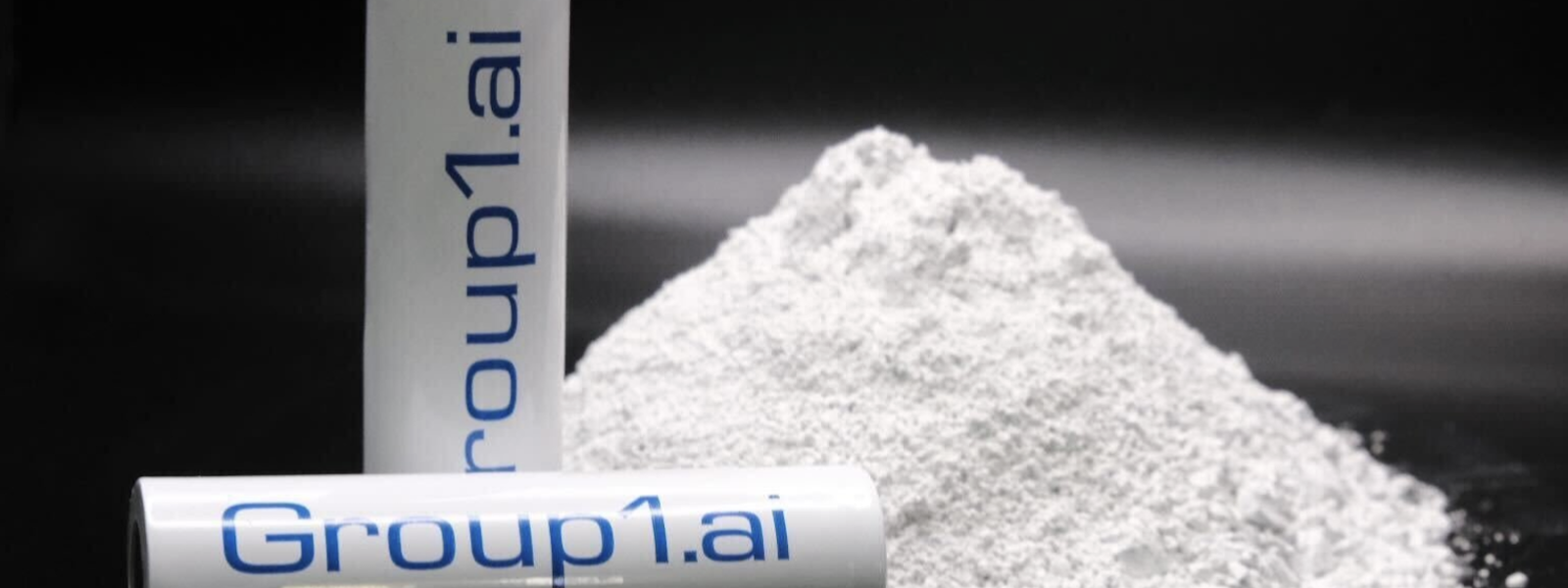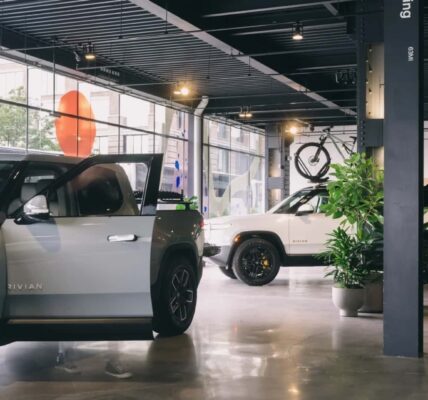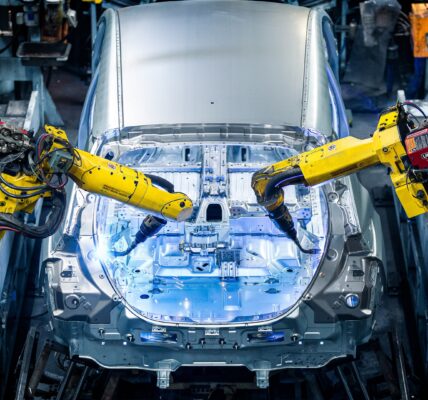There goes Texas, again. The iconic US oil- and gas-producing state has become host to a rising gusher of clean tech firms, all seeking to push oil and gas out of the picture. The latest one to cross the CleanTechnica radar is Solidion Technology, which is showcasing a new solid-state EV battery platform and a green graphite anode sourced from biomass.
The New “BEEP” Solid-State EV Battery
Solidion kindly shared an embargoed press release and some additional details with CleanTechnica, in which it noted two intertwined challenges that lie between a solid-state EV battery and the open road: space and time.
By space they mean that space is a valuable commodity in an electric vehicle, but a conventional lithium-ion EV battery requires hundreds of housings and connectors, adding bulk. Those connectors also add to the time and expense of manufacturing.
Solidion describes its solid-state EV battery architecture as a process of “layering and connecting bipolar electrodes and solid electrolyte layers in series and in parallel.” The result is a new platform called BEEP, short for bipolar electrode-to-pack.
“The new BEEP platform technology addresses the design issues and the difficulties in manufacturing, while simultaneously reducing battery weight, volume, and costs,” Solidion explained by email.
“This is due to the single casing and small number of connectors required in the BEEP technology battery pack design, which replaces hundreds of housings and connectors in today’s batteries,” they added.
Where Did Solidion Come From?
Replacing individually housed EV battery cells with a single integrated module is a radical departure from conventional technology. Solidioin is new to CleanTechnica, so we have some catching up to do.
Solidion is a branch of the Ohio-based energy storage technology firm Global Graphene Group, which has also been flying under our radar. Nevertheless, G3 was recognized by the information services firm LexisNexis in 2022 as a top 100 global technology innovator alongside Samsung SDI, LG Chem, and CATL. All three are familiar faces on the pages of CleanTechnica, so G3 is in good company.
Samsung is known for pairing its EV battery expertise with Stellantis to build gigafactories in the US. LG Chem has hooked up with General Motors, and CATL is, well, CATL.
When G3 announced its Top 100 recognition, the company noted that it has more than 700 issued patents and applications under its belt around the world. G3 listed “battery technology, graphene-based dispersions and composites, thermal films, transparent conductive films, unique graphene-enhanced products, and methods for producing graphene products” in its portfolio, along with “graphene/silicon anode technology for Li-ion batteries, graphene-protected lithium metal anodes for lithium metal batteries, and non- flammable electrolytes for both types of batteries, along with many other valuable battery technologies.”
A Shortcut To The Solid-State EV Battery Of The Future
Back in 2022, G3 co-founder and Chief Technology Officer Dr. Aruna Zhamu noted that the company is ready to scale up production and accelerate the pathway to commercialization, with a focus on the solid-state EV battery of the future.“With its process-friendly FireShield(TM) electrolyte technology, G3 will further solidify its leadership position in converting the entire lithium battery industry into a quasi-solid and solid-state status,” he said.
That’s where Solidion comes in. Last year the G3 subsidiary Honeycomb Battery announced plans to hook up with Texas-based SPAC (special purpose acquisition company) Nubia Brand International with the aim of bringing its new EV battery materials to market.
Honeycomb is yet another unfamiliar name to CleanTechnica, but according to its CEO Dr. Bor Jang, the company is “ranked among the best in silicon-anode IP and among the global leaders in solid-state battery IP.”“…we plan to quickly move forward with its full-scale commercialization,” he added in a press statement dated February 16, 2023. “Our goal is to enable EVs to drive farther, charge faster, operate safer, and cost less.”
The combination of the two companies closed on February 2 of this year as the newly hatched Solidion Technology, with Dr. Jang on board as Executive Chairman.With Honeycomb’s technology in hand, Solidion lists “silicon-rich all-solid-state lithium-ion cells (Gen 1), anodeless lithium metal cells (Gen 2), and lithium-sulfur cells (Gen 3)” as the series of three new technologies it plans to introduce alongside two kinds of solid electrolytes. One is composed of a polymer material and the other composed of a polymer/inorganic composite.
Solidion describes both electrolytes as “process-friendly,” by which they mean compatible with existing fabrication methods. “Solidion’s solid-state batteries can be manufactured at scale using current lithium-ion cell production facilities,” they explain.
What Is This Green Graphite Of Which You Speak?
Jang has also taken note of Solidion’s “cost-effective process for mass-manufacturing green graphite anode materials from sustainable biomass sources.” In the February 2 announcement, Solidion noted that it is ready to expand production of its advanced anode materials.
Sustainable replacements for the graphite used in an EV battery have been emerging around the globe. Solidion indicates that North America is its biomass source, so forest products would be one good guess.
On February 15, the company announced plans for a new graphite facility somewhere in the US Southeast, a region that is known for its forest products industries. The initial aim is a capacity of 10,000 metric tons per year, scaling up to about 180,000 metric tons per year in the United States with an initial capacity of 10,000 metric tons per year by 2030.
Solidion stated that the facility will manufacture graphite anode materials “primarily” from biomass, indicating that other materials are in play. CleanTechnica is reaching out to Solidion for more details, so stay tuned for more on that.
The Solid-State EV Battery Of The Future Is Coming
Solidion joins a growing number of firms chasing solid-state EV battery technology. Some industry observers anticipate that a true all-solid-state EV battery will not be widely available until 2035 or so, but the timeline is much shorter for semi-solid technology and other variations on the solid-state theme.
Among the hookups we’ve been watching are the Swedish EV maker Polestar and the Israeli fast-charging battery innovator StoreDot. The US solid-state battery startup Quantumscape has also been making some moves of late.
Nissan is another automaker anticipating that some form of solid-state technology will show up in its electric vehicles sooner rather than later. The company has formed a solid-state EV battery collaboration with Renault and Mitsubishi Motors, so stay tuned for more on that.








